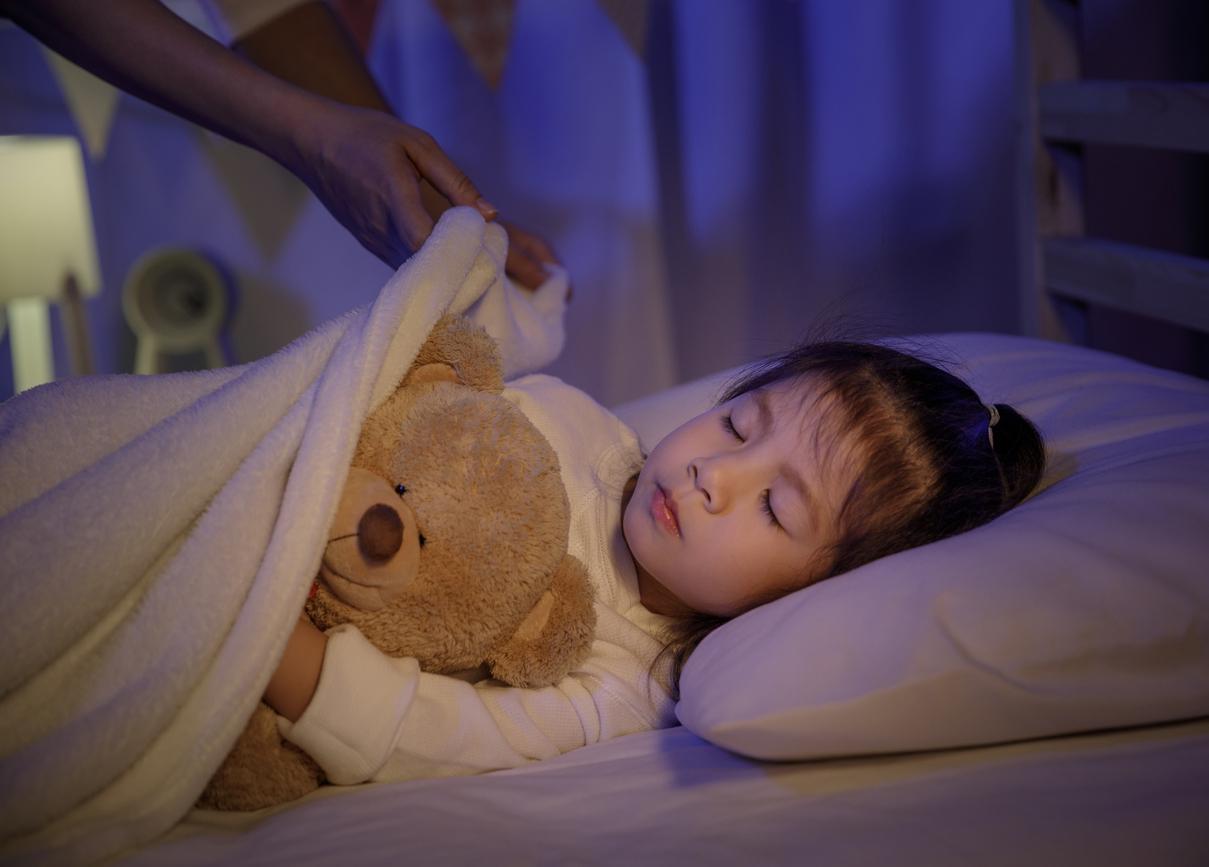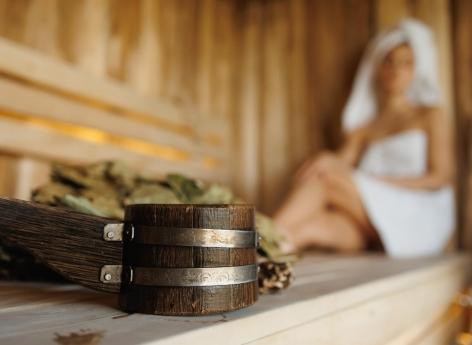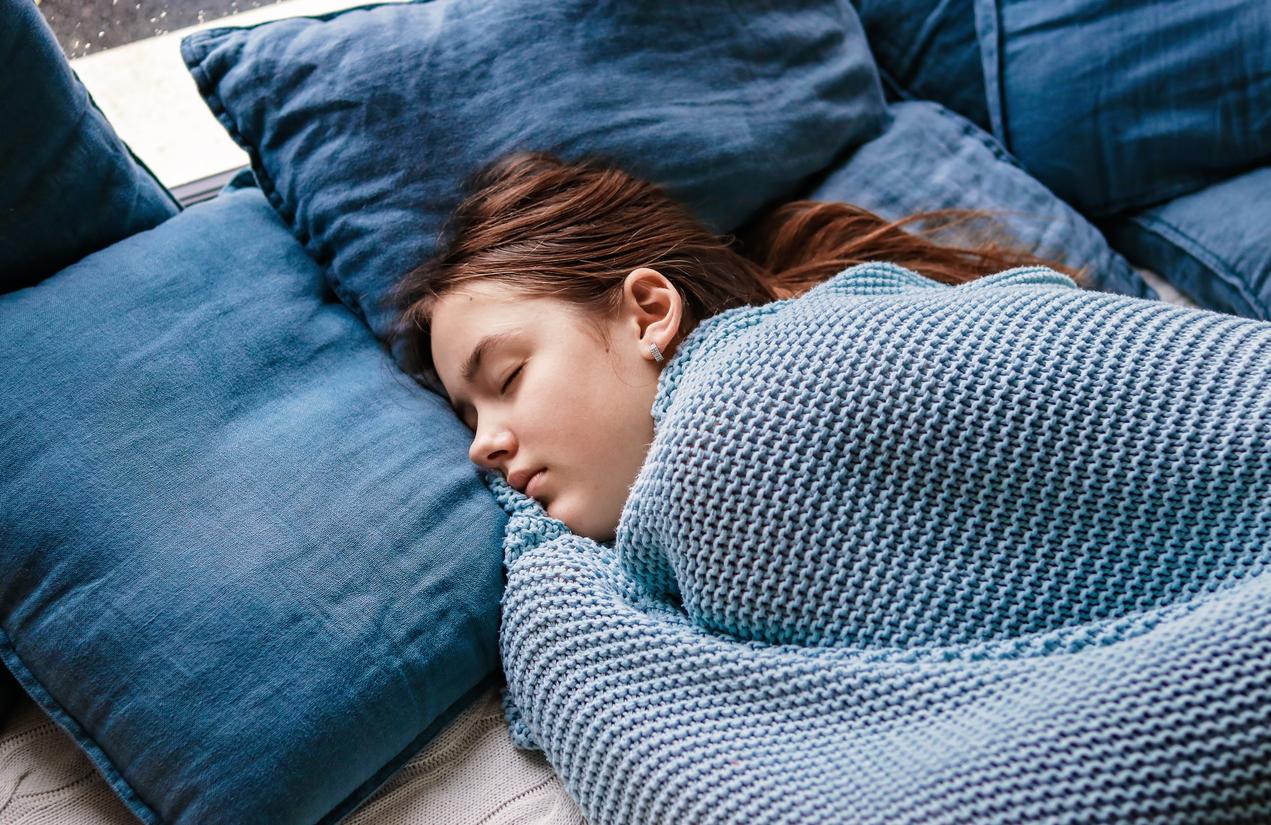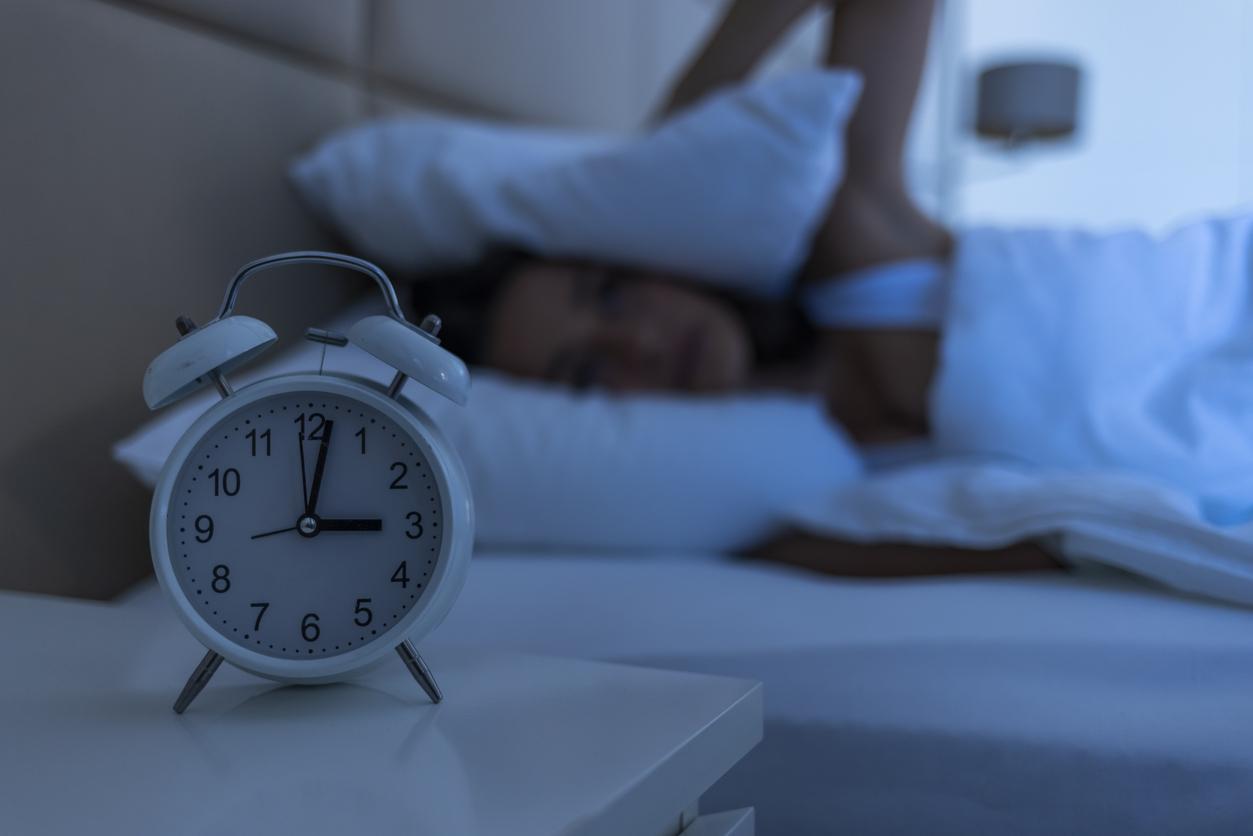On average, we sleep 7:30 a night. But differences exist in our biological clocks. We don’t all have the same needs and we each have our own sleep patterns-sleep. Human beings have extensive adaptive capacities, and it is always possible for them to live (with family, with friends, at work, etc.) with people who have different biological clocks, but going against nature will have deleterious consequences if this behavior recurs too often.
We should know the rhythm of our clocks
Also, doing violence to one’s nature every day and going against one’s personal clocks, and thus upsetting one’s clocks every day, amputating one’s sleep a little time each night, forcing your brain to hold on every night when it wants to sleep, or, on the contrary, going to bed when you feel at your best… all these behaviors will have consequences on mood, well-being, physical fitness, relationships with others, ability to concentrate, and in the longer term on resistance to the onset of illnesses and aging.
According to Dr. Françoise Delormas, director of Prosom, it would be wise for everyone to know the rhythm of their clocks well: the best times to fall asleep, wake up, eat, relax, work, and best adjust their circumstances of life, in the various contexts, to its physiological and psychological needs. Apart from any particular constraint such as “work hours” or “school hours”, apart from particular fatigue such as the first day of skiing in the mountains or the start of vacation following a period of lack of sleep or stress: under normal living conditions, it’s at about the same time every night that the “sandman comes by”, that the signs of falling asleep appear.
Are you insomniac?
In case of suspicion, a self-assessment may suffice. To do this, simply use either a sleep diary (downloadable from the Internet), or a smartphone application, such as Kanopée, developed by the team of Prof. Pierre Philip of the Bordeaux University Hospital, and downloadable for free from Google store since April 2020. These tools allow you to note your times of getting up and going to bed, to estimate your weekly sleep time, to determine your personal sleep needs and thus to identify any insomnia.
Some sleep analyzer connected objects (watches, pillow, mattress, etc.) can also help. However, their results can sometimes be false, the parameters measured (movements in bed, heart rate, etc.) not always reflecting sleep..
Read also :
- Infographic: sleep needs by age
- Infographic: what lack of sleep does to your body
- 5 unusual tips for getting to sleep
- 12 tips for sleeping well























